Digital Xtra Fund launches eighth funding round to drive digital skills for young people across Scotland
Digital Xtra Fund has launched this year’s Round VIII (2023/24) Grant Awards, with the aim to help drive digital skills among young people. To date, the Fund has secured almost £1 million to deliver coding and tech clubs and initiatives nationwide. Over the years, the Fund has awarded 137 high-quality, exciting extracurricular computing and digital technologies initiatives across Scotland, that has helped engage nearly 45,000 young people in tech. In 2022/23, Digital Xtra Fund has supported 35 initiatives covering 24 local authorities and are on target to engage over 7,400 young people by the end of June, of which approximately 50 per cent will be girls and young women.
Supported activities must be delivered between 1 July 2023 and 30 June 2024 and delivered entirely in Scotland. Activities must also focus on engaging young people aged 16 and under. Applications are welcome from UK-registered companies, charities, chartered bodies, local authorities, schools, colleges, or universities actively involved in the provision of computing education or digital technology related activities, especially for audiences from excluded groups or backgrounds (such as pupils from areas of high deprivation and/or rural isolation, girls and young women and/or minority groups). Eligible organisations can apply for grants from a minimum of £500 to a maximum of £5,000. Similar to last year, applicants will be required to submit their applications via online form found on the Digital Xtra Fund website.
To help applicants with the grant application, Digital Xtra Fund will also be delivering two webinars and also while the funding is open. New this year, Digital Xtra Fund will also be delivering four in-person sessions in Aberdeen, Dundee, Glasgow, and Edinburgh giving prospective applicants an opportunity to ask questions to the Digital Xtra Fund team about the grant application. The team will also bring some popular educational devices (e.g., Sphero indis and BOLTs, micro:bits, Marty the Robot, and LEGO Education SPIKE sets) to these sessions for applicants to try before deciding if they would like to include them in their application.
The deadline for submissions of the grant application is Thursday 6 April 2023 at 15:00. To find out more about eligibility criteria, online application and details about the webinars, please visit: https://www.digitalxtrafund.scot/apply/.

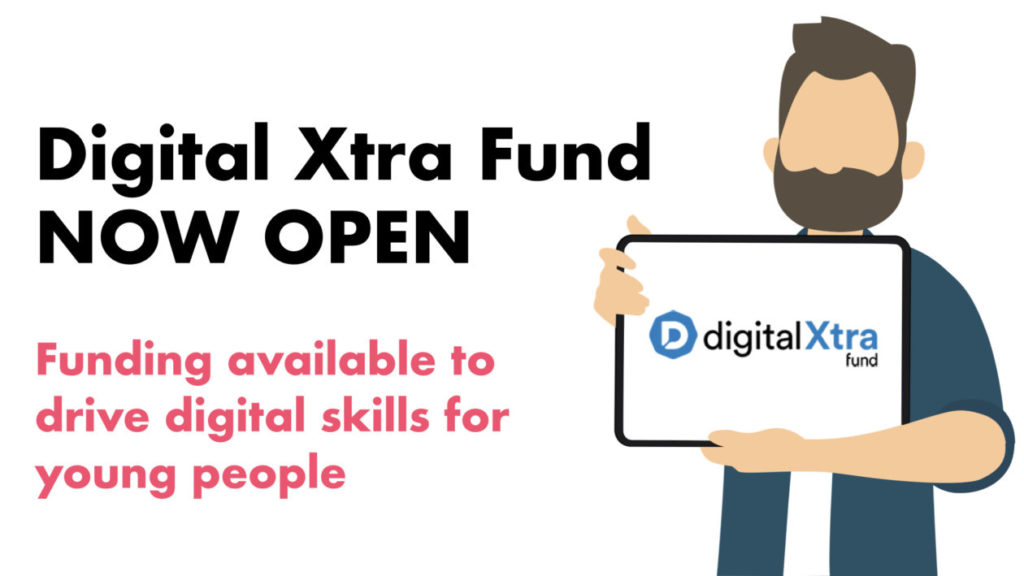
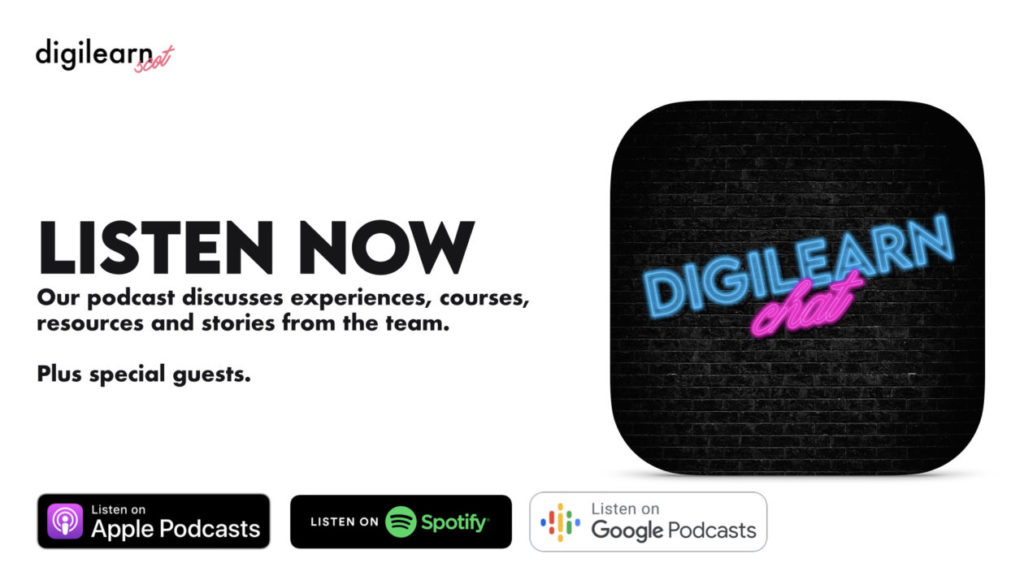
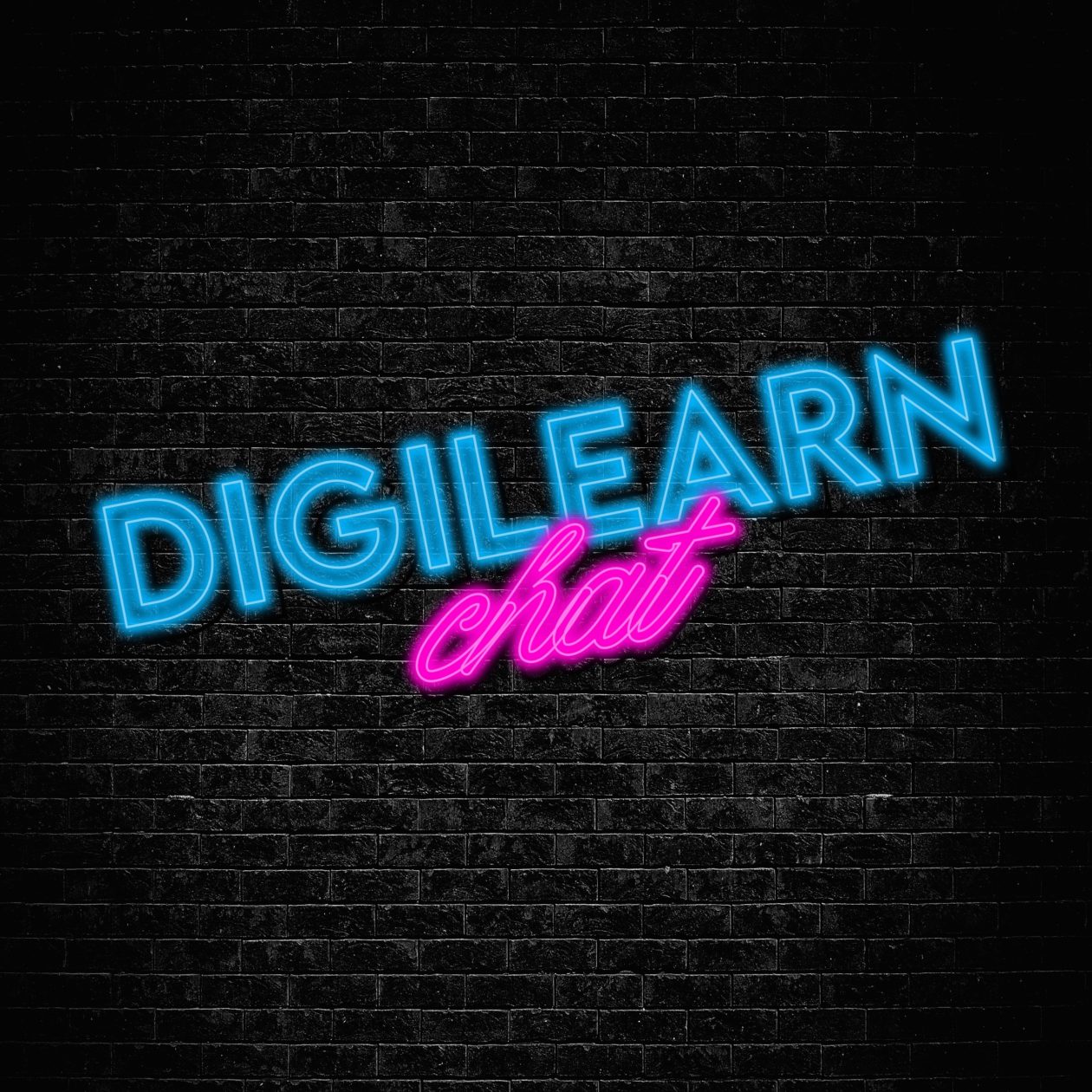



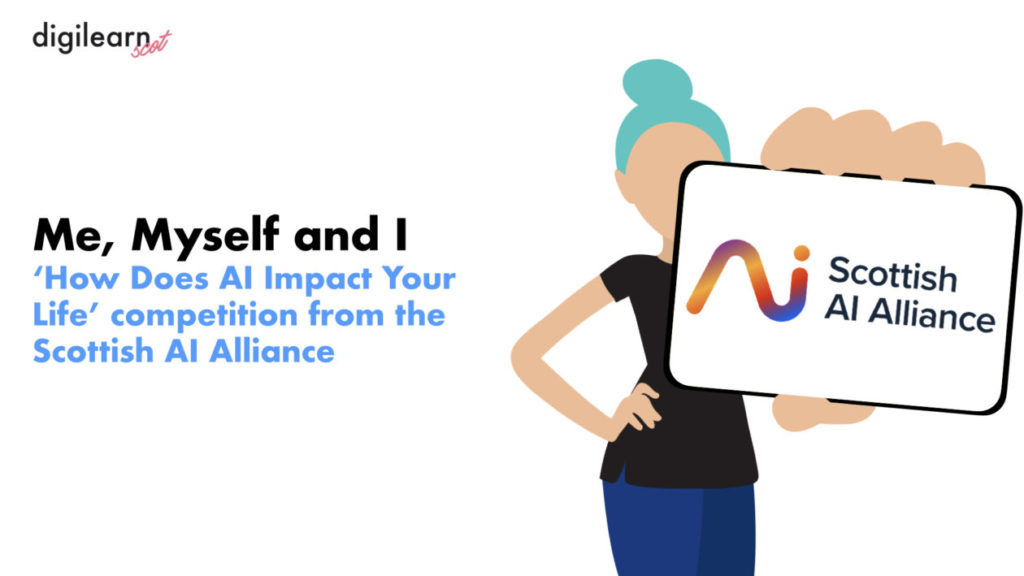
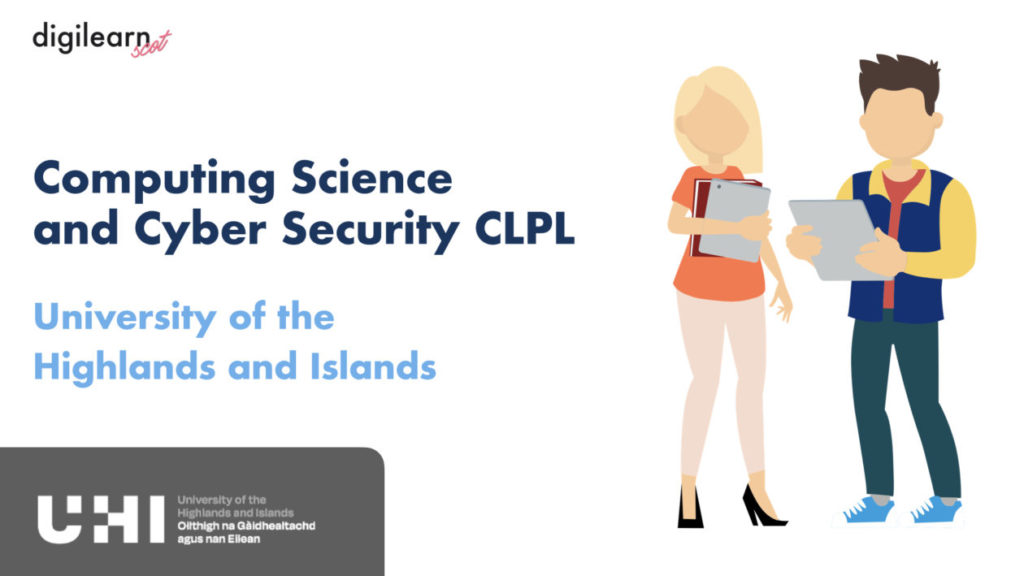
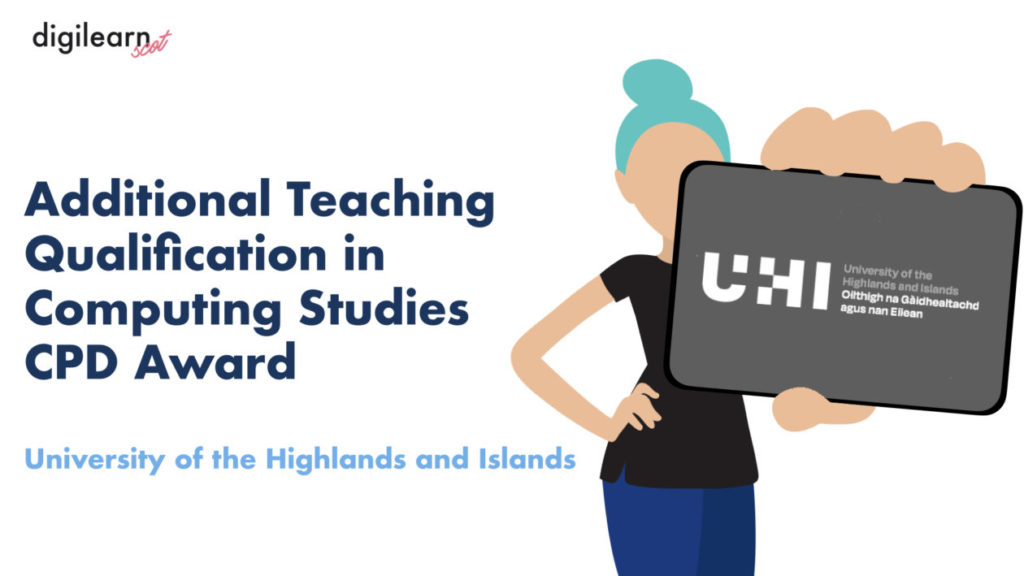

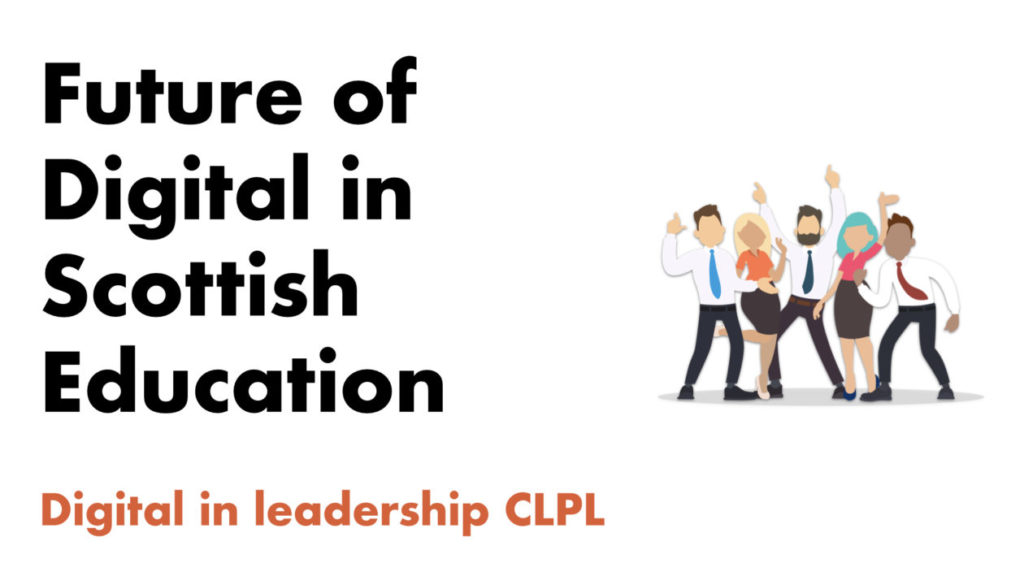
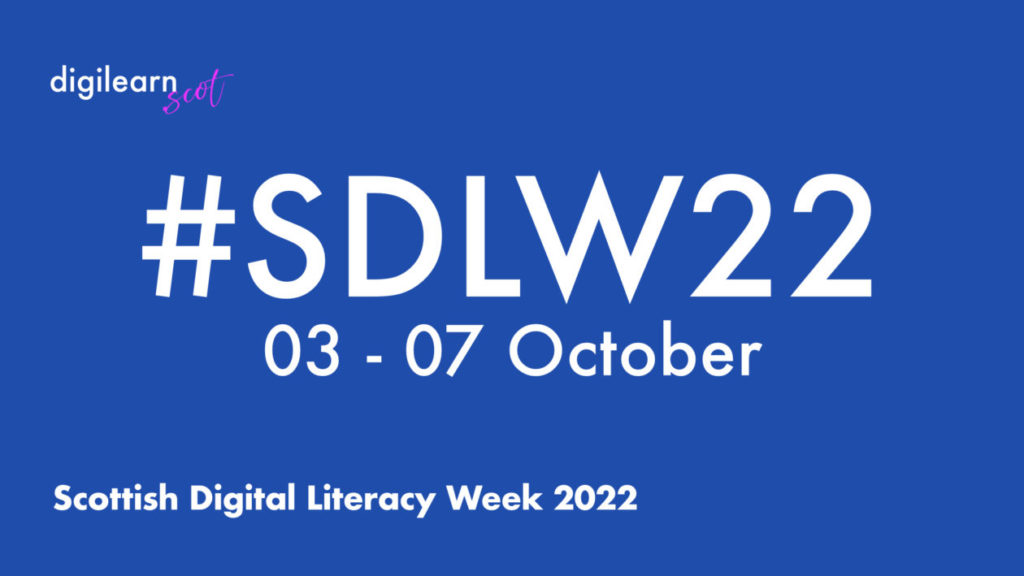
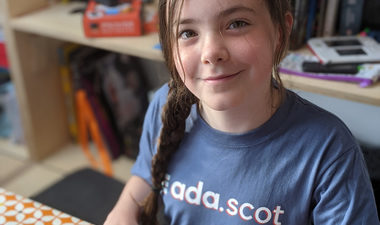


You must be logged in to post a comment.